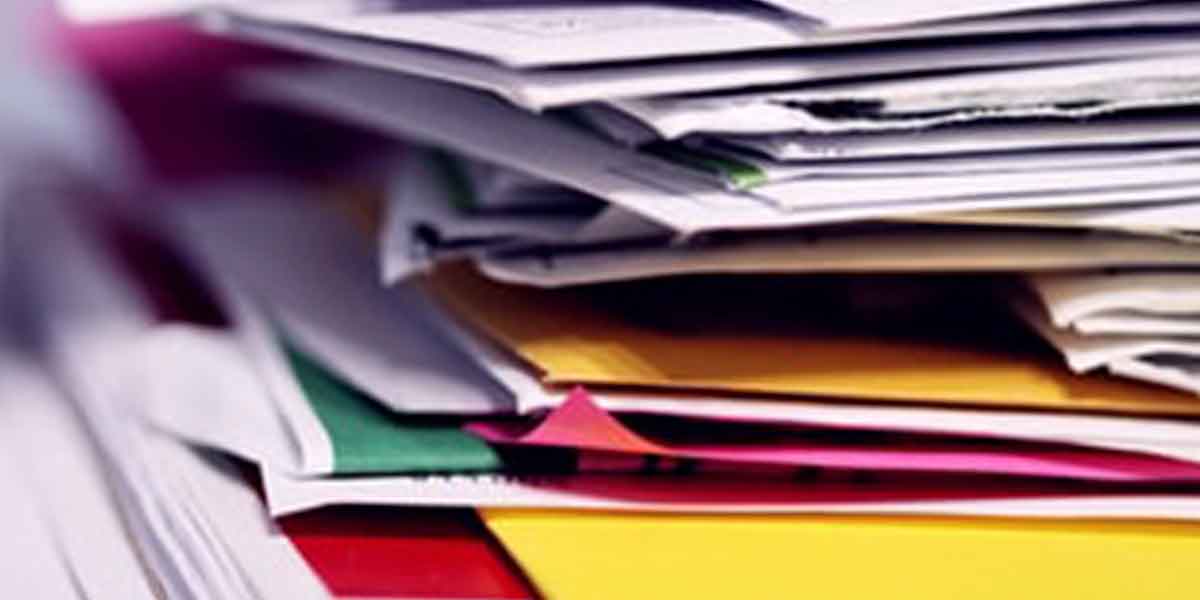Understanding the Probate Process: A Simplified Guide
The probate process is often misunderstood and feared by many, but in reality, it is not as complex as it seems. Essentially, probate involves settling the debts of the deceased individual and transferring their property to the rightful beneficiaries.
Initiating the Probate Process
If the deceased individual left behind a will, the process begins when the estate executor presents the will in court. The executor, appointed by the deceased, is responsible for carrying out the instructions outlined in the will. In cases where there is no will, a court-appointed administrator, usually a close family member, takes on the role of managing the estate.
Collecting Essential Documents
To kickstart the probate process, certain documents are required, including the original will, death certificate, and any amendments to the will. It is crucial to make copies of these documents and obtain certified copies for record-keeping. Additionally, specific forms such as Summons for Probate and Grant of Probate are essential for the application process.
Inventory of Property
The estate executor must gather all necessary documents and forms to proceed with the probate process. In the absence of a will, state laws dictate the distribution of the estate. The timeline and steps involved in probate may vary depending on the state where the process takes place.
Initiating the Probate Process
Once all required documents are in order, a petition must be filed in the state where the deceased resided. This petition officially authorizes the executor to manage the estate. Subsequently, the court schedules a hearing to approve the executor and address any objections from interested parties.
Notifying Beneficiaries and Heirs
Informing heirs, beneficiaries, and creditors about the probate process is crucial. This can be done through mail or publication in a newspaper. The next step involves inventorying and appraising all assets subject to probate, including bank accounts, investments, real estate, and personal belongings.
Settling Debts and Taxes
The executor is responsible for collecting debts owed to the estate and reviewing outstanding bills. It is essential to ensure that the estate’s assets are sufficient to cover all debts and taxes. Any remaining expenses and bills must be paid from the estate account.
Seeking Legal Assistance
Managing the probate process can be overwhelming, and it is advisable to seek the guidance of an attorney. Their expertise can help navigate the complexities of probate and ensure a smooth and efficient process.
while the probate process may seem daunting, understanding the steps involved and seeking professional assistance can alleviate concerns and ensure a successful outcome.




